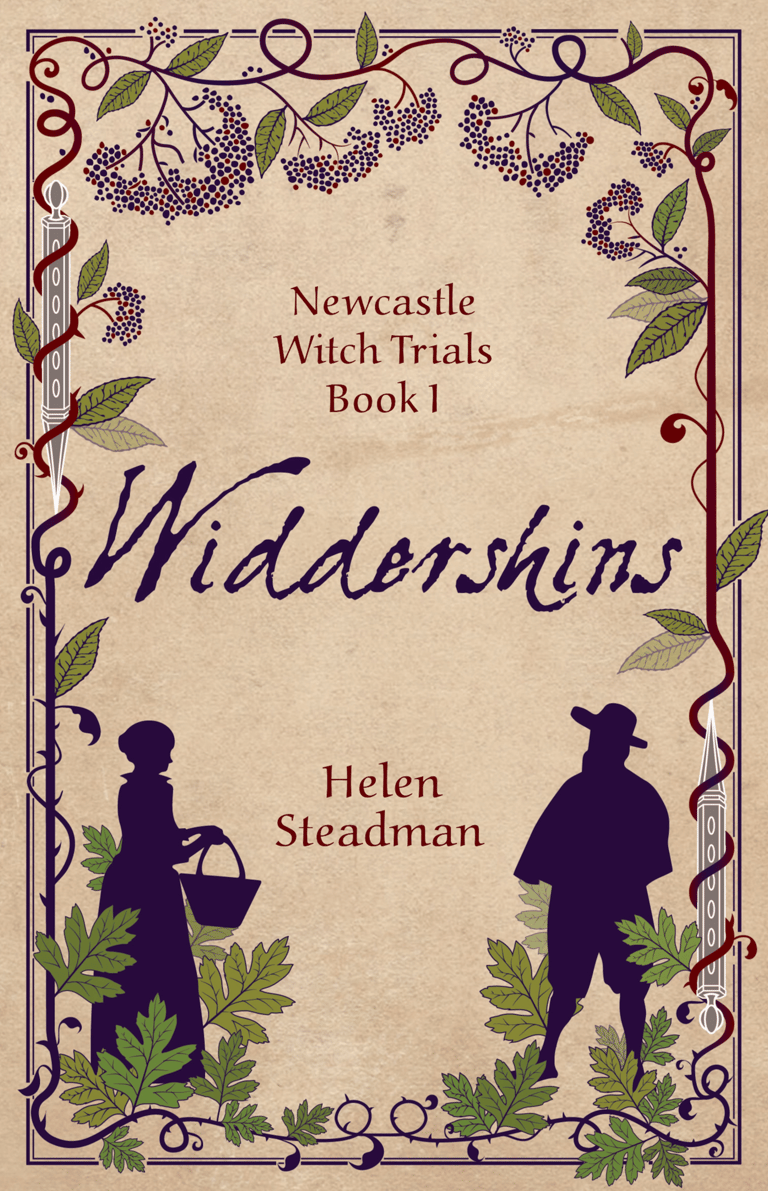Widdershins
(Newcastle Witch Trials: Book 1)
Newcastle Witch Trials Trilogy: Book 1
Step into the shadowy world of seventeenth-century England with Widdershins, a haunting historical novel that lays bare the terror of the 1650 Newcastle witch trials.
Jane Chandler is a natural healer. Her knowledge of herbal remedies leaves her vulnerable to accusations of witchcraft.
John Sharpe is a witchfinder driven by religious zeal. His crusade against witches is as personal as it is relentless.
In a Puritan society mesmerised by superstition and fear, two destinies collide.
Widdershins is a compelling work of historical witch fiction, blending meticulous research with immersive storytelling.
Bear witness to the quiet courage of the women who endured this harrowing chapter of English history.
© Helen Steadman, 2017
Review by the Historical Novel Society
Inspired by the Newcastle witch trials of 1650, this is the parallel story of two people on a collision course towards disaster. One is Scottish witch-finder, John Sharpe. The other is English Jane Chandler, healer and midwife. We follow their lives from youth to maturity, in John’s case from birth, when he was ironically ‘saved’ from certain death by a midwife who he later is certain is a witch. Brought up first by a cruel father and then a bigoted priest, it is inevitable that he learns the witch-finder craft, which is nothing more than misogynistic trickery.
This was a difficult novel to read at times because of its cruelty, but compelling none the less. Impeccably written, full of herbal lore and the clash of ignorance and prejudice against common sense, as well as the abounding beauty of nature, it made for a great read. There are plenty of books, both fact and fiction, available about the witch-trial era, but not only did I not know about such trials in Newcastle, I have not read a novel that so painstakingly and vividly evokes both the fear and joy of living at that time.
Sally Zigmond


